Red Meat Pairing

Kanchiku Junmai Daiginjo is an elegant sake produced by Totsuka Shuzo, a historic brewery founded in 1653 in Nagano Prefecture. Its name, “Kanchiku,” meaning “winter bamboo,” symbolizes both grace and resilience.
Kanchiku is made from locally grown Miyamanishiki rice polished down to 49% and pure spring water from the Yatsugatake Mountains. The combines natural purity and centuries-old brewing tradition. Slow fermentation and low temperatures results in a refined expression, balancing delicate aromas with a clean, polished taste that highlights the craftsmanship.
On the nose, Kanchiku Junmai Daiginjo reminds of sweet botan rice candy, leading into a richer palate. It continues with a similar chewiness of botan rice and then refreshing acidity. The finish is light and vibrant, making it a versatile partner for richly flavored dishes like fatty fishes, hams, where its richer character cuts through savory-sweet profiles.
Enjoy it slightly chilled or at room temperature.
Tamanohikari’s Junmai Daiginjo holds a special place in my heart. Why? it’s one of the first sakes that made me take a step back and think—“Wow, is this really what sake should taste like?”
Based out of Fushimi in Kyoto, Tamanohikari makes a stunner of a daiginjo. As you smell the sake in the glass, an aromatic perfume of flowers, melon, passion fruit, and a touch of coconut spring up. When tasting, it also presents a delicate but fatty texture with a hint of melon on the palate.
Beginners and seasoned sake lovers will enjoy Tamanohikari’s Junmai Daiginjo. It goes well on its own and can pair alongside richer foods.
This is a more refined version of Kikumasamune’s Hyaku Moku. Similar to their junmai ginjo, this junmai daiginjo is made with 100% Yamada Nishiki grown in Hyogo Prefecture but grounded to a 39% rich polishing ratio.
As a result, Hyaku Moku daiginjo is has a slightly richer profile with excellent balance of acidity and dryness. There are tropical fruit tones like juicy lychee and subtle hints of strawberry.
This one is a real special Daiginjo sake from brewery Take no Tsuyu, which is based out of Yamagata prefecture in northeastern Japan. Called “Hakuro Suishu”, the small production sake is meticulously hand crafted and has notes of fragrant sweet, ripened fruit with an exceptionally balanced profile. There’s also a softness to its texture characteristic of the Yamagata region.
The sake can be served chilled on its own or with food like beef, pork, fried foods.
Brewed using black koji (kuro koji) instead of using yellow koji, Ikegame’s junmai daiginjo produces slightly more aciditiy and allows the sake to pair well with different meat dishes. The result is also a soft, delicate and slight fruity finish with a splashy aroma of apples and lychee. Enjoyable to have slightly chilled by itself or with food.
Are you planning on having a full flavored dinner? Say--spicy Chinese food or fried cajun or something of the like. Then, this is your sake to pair it with.
Wakatake Onikoroshi Junmai Daiginjo doesn't have the same fruity characteristics as some of its peers; maybe just a bit of ripe tropical or concentrated honeydew, if anything. What it does have instead is a dry profile, and short-to-medium finishand a touch higher alcohol content that demands to be alongside food.
Grab some San Tung dried fried chicken or some hot pot or ribs, and do that with this sake. It'll be fantastic.
Do you like Born Gold but want something a little more oomph? Then grab this bottle. Born Muroka Nama Genshu has that touch of fruitiness that we expect from Born Gold, but thanks to the genshu (un-cut sake) aspect of it, we find enough body where we can now pair the food with some red meats or fattier fishes now.
If you haven’t had Born Gold yet, try that one first. This Junmai Daiginjo Nama Genshu is a fantastic follow up.
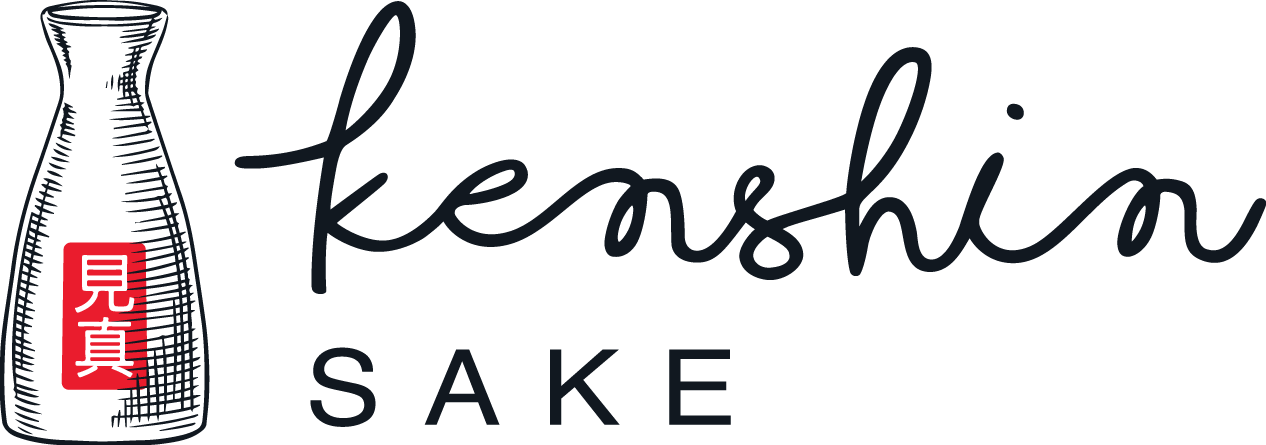
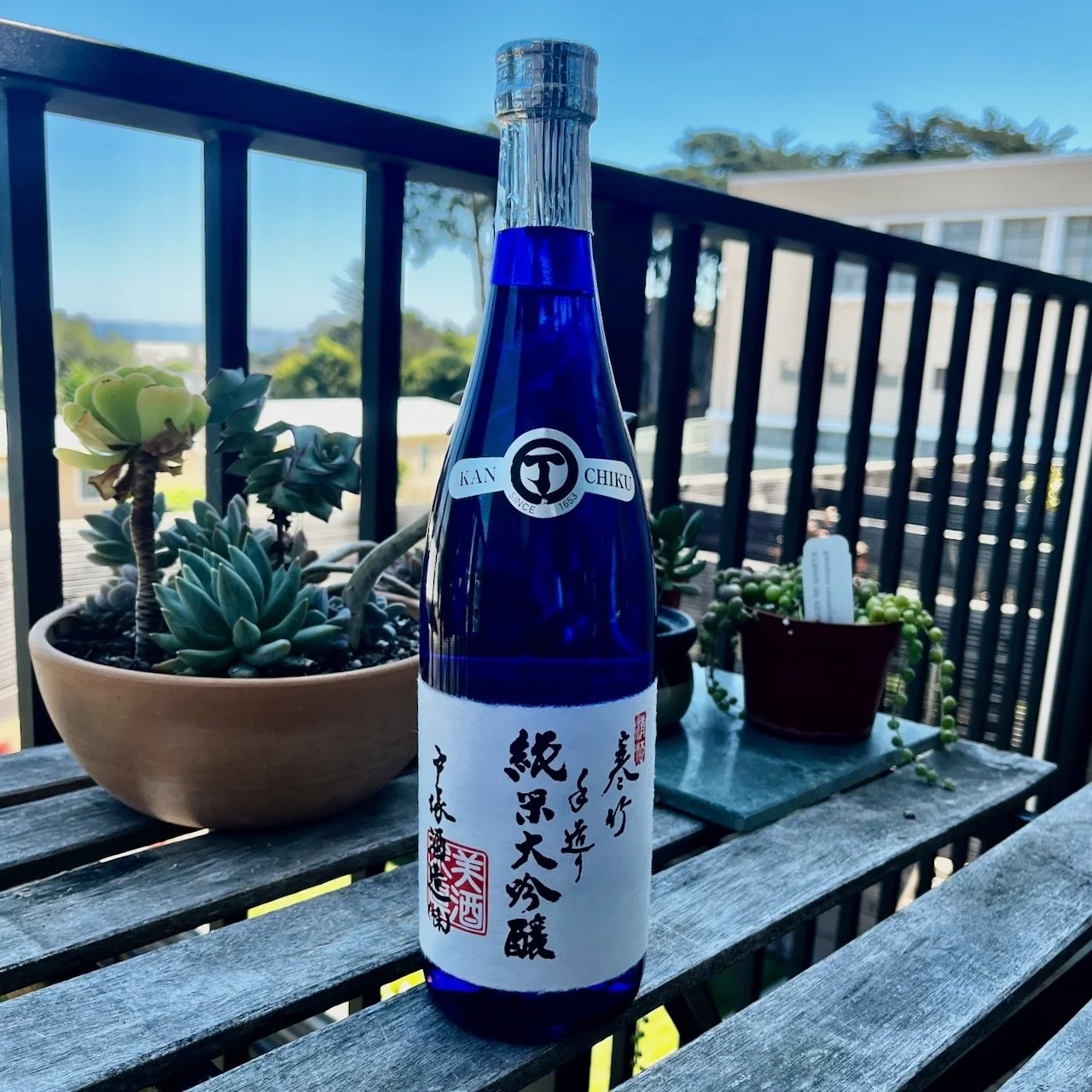



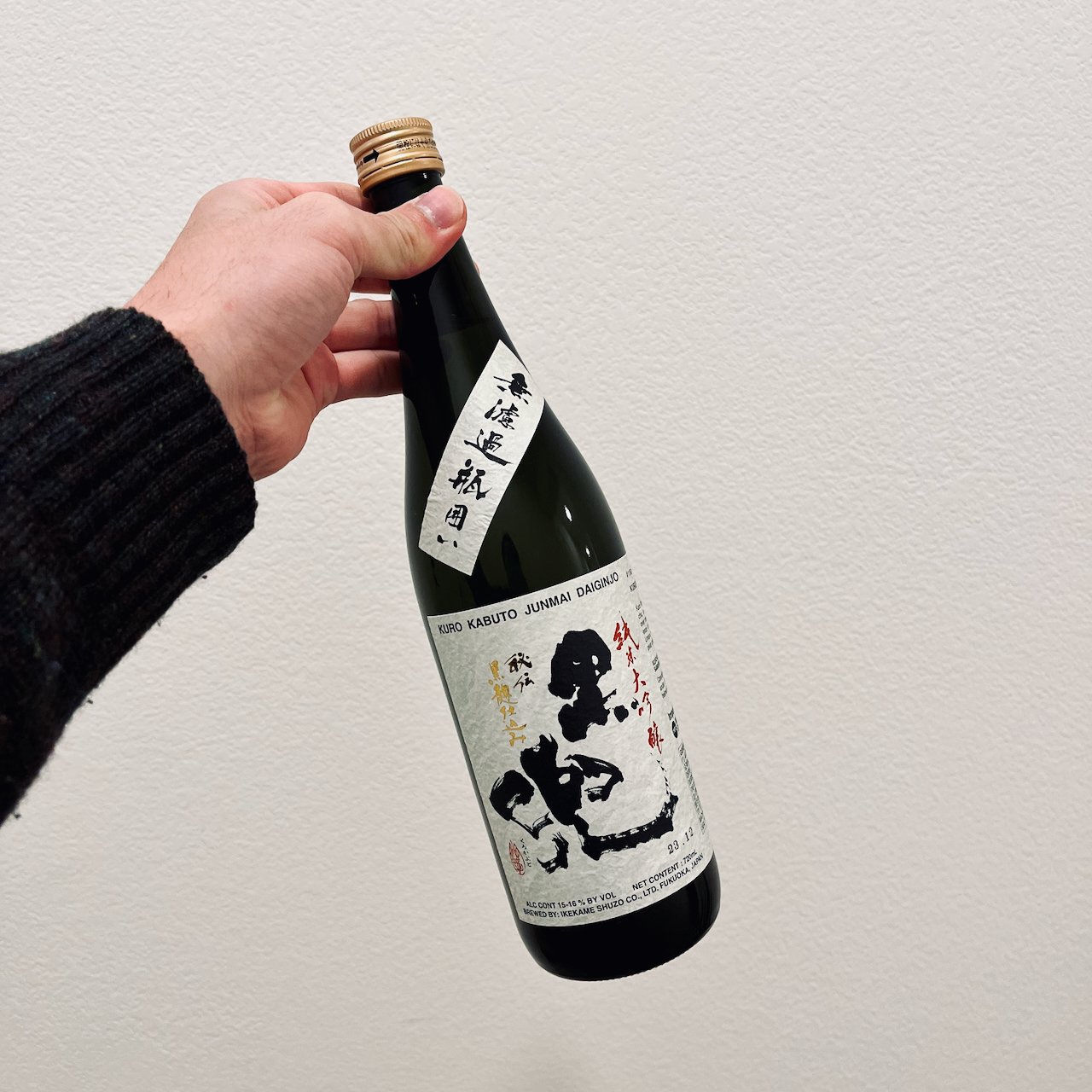
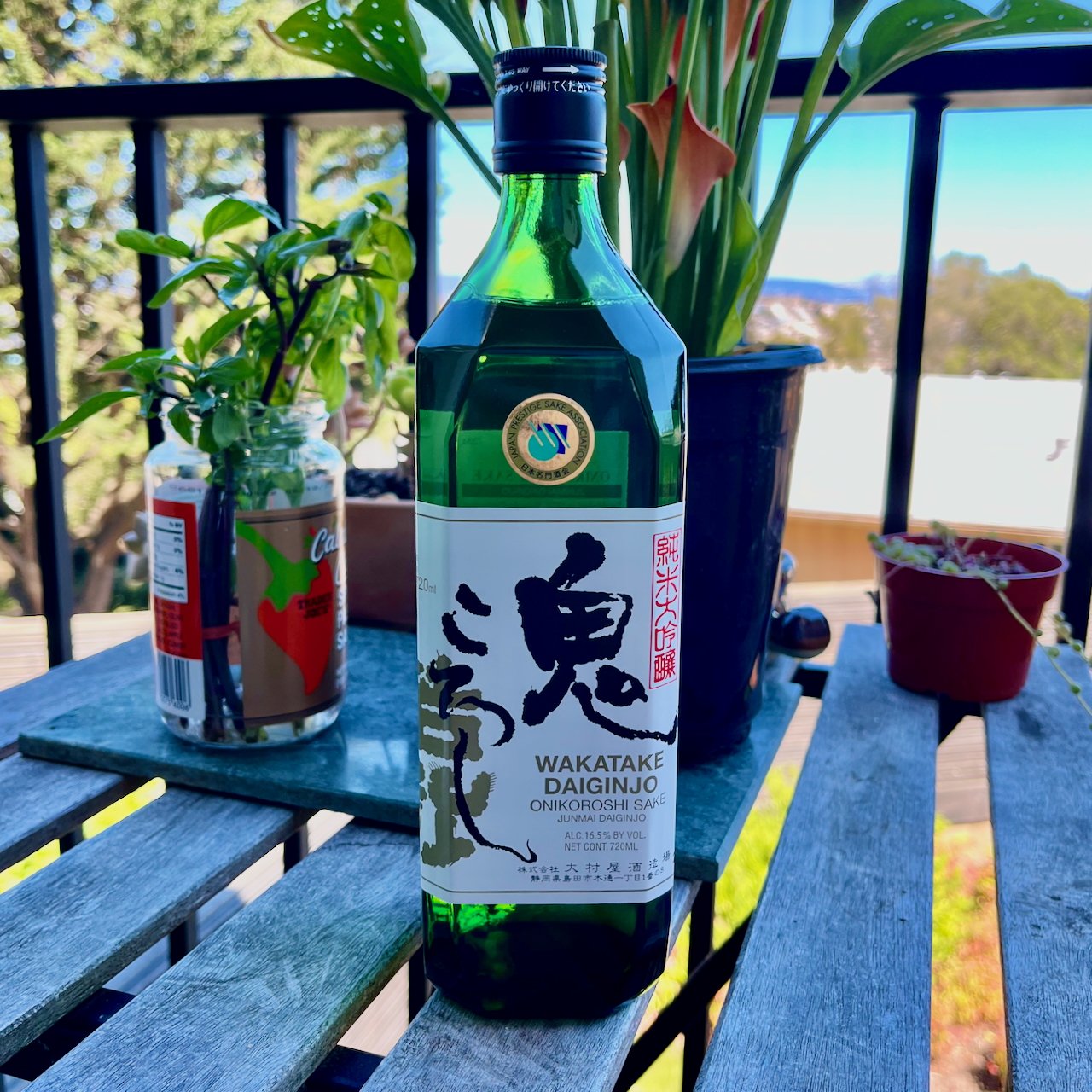
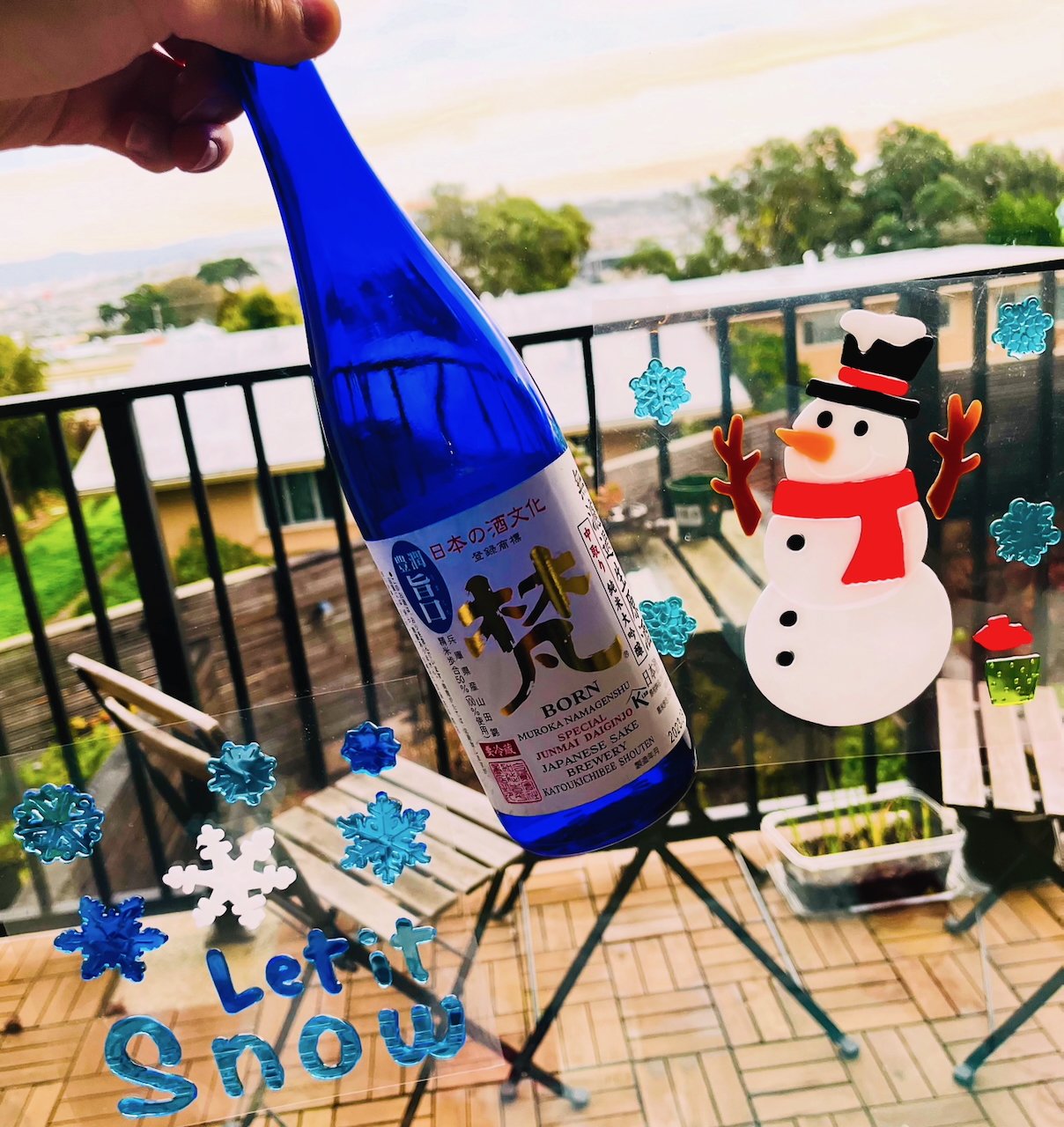
The seemingly effortless harmony so characteristic of Yamahai sake is present in Tengumai's masterful brew. Gorgeous pale straw pour, with a funky mushroom nose to match the acidic, dry and earthy first impression. While savoring the buttery mouthfeel, one may even notice hints of walnut bread and honeyed mead. When chilled, the more floral notes come into play.
Enjoyable at all serving temperatures but recommended to warm up!